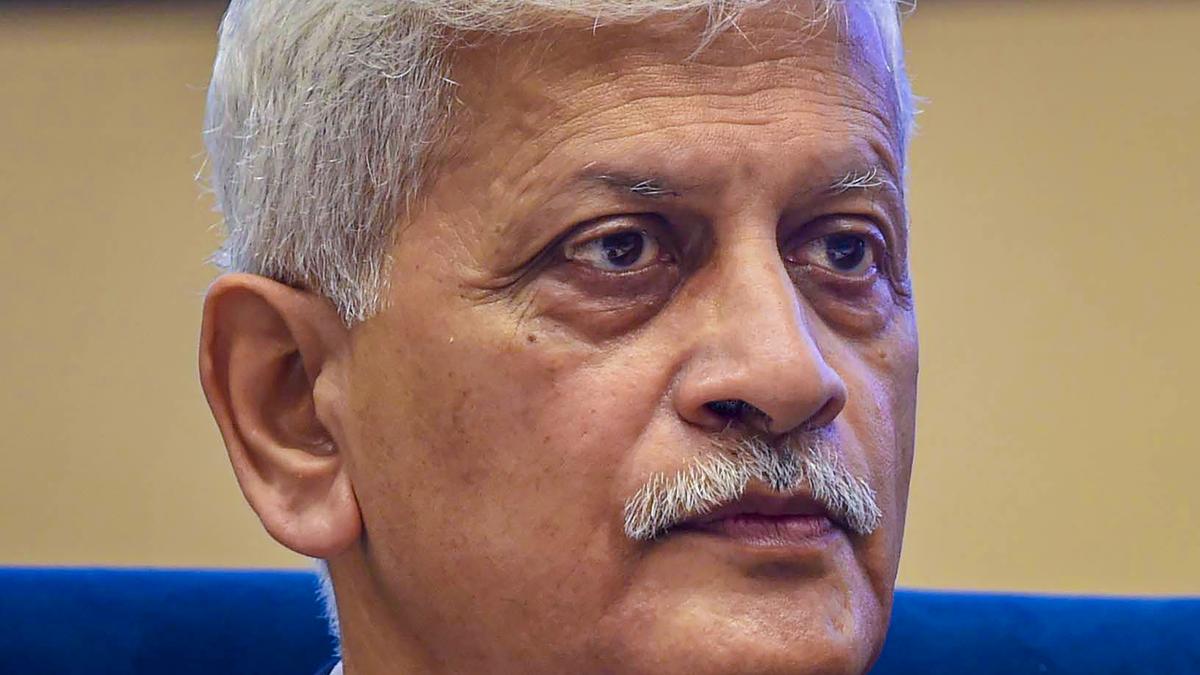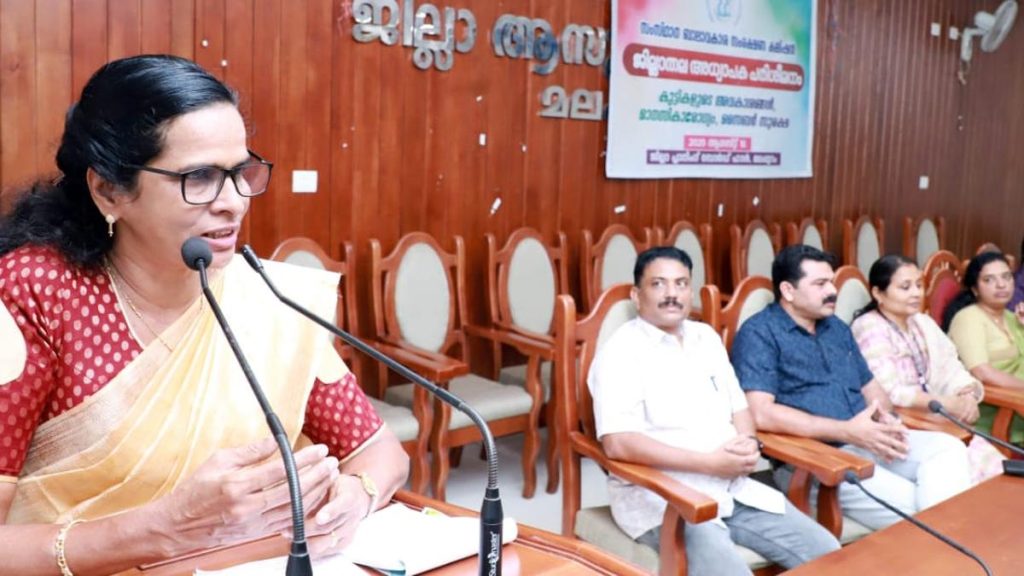Now Reading: West Bengal Academics Raise Concerns Over Panel Appointing State University V-Cs
-
01
West Bengal Academics Raise Concerns Over Panel Appointing State University V-Cs
West Bengal Academics Raise Concerns Over Panel Appointing State University V-Cs

Rapid Summary
- several academicians in West Bengal have raised objections to certain members of the selection panel for appointing Vice-Chancellors (V-Cs) to 15 state universities.
- Concerns have been voiced about Ramesh chandra, a former V-C from Rajasthan accused of graft and misuse of office, being part of the panel. He was removed from his position by Rajasthan’s Governor due to allegations still under inquiry.
- S.K. pattanayak, a retired IAS officer currently serving at raj Bhavan, has also drawn criticism regarding his impartiality in the selection process.
- Manas Kabi, general secretary of the All Bengal principals’ Council, wrote to Justice (retd.) U.U. Lalit–Chairperson of the selection committee–urging reconsideration regarding Pattanayak’s inclusion given potential bias stemming from his past affiliation with Raj Bhavan.
- This controversy is part of an ongoing conflict between West Bengal’s government and Raj Bhavan over university appointments as 2023 when interim V-C appointments by Governor C.V.Ananda Bose were challenged.
- the supreme Court intervened in July 2024 by forming a search-cum-selection committee led by retired Chief Justice U.U. Lalit to resolve disputes and independently choose suitable candidates for remaining vacancies.
- As per recent Supreme Court orders modifying earlier directions this month, out of 35 state universities, V-Cs for 17 institutions have been appointed while selections for others are pending.
Indian Opinion Analysis
The objections raised against certain members in West Bengal’s Vice-Chancellor selection panel underscore broader concerns about transparency and trustworthiness in institutional governance processes. The inclusion of individuals facing serious allegations or perceived biases-like Prof.Ramesh Chandra and S.K. pattanayak-has sparked apprehensions about whether fair criteria are being upheld during crucial higher education leadership appointments.
Justice (retd.) U.U.Lalit’s role as Chairperson carries notable weight due to court-mandated neutrality amid tensions between political entities-the State government and its Governor-that reflect deeper systemic challenges within federal frameworks governing education policy autonomy versus gubernatorial authority.
If unresolved swiftly with procedural clarity ensuring merit-based selections free from influence or controversy as sought under supreme Court directives-credible resolutions vitally impact academic freedom protection alongside advancing institutional excellence across affected varsities therein nationally extending implications educational stability benchmarks reliant similar-scale precedence evaluations trustworthy autonomous renewed collaborations mech-handler!

























